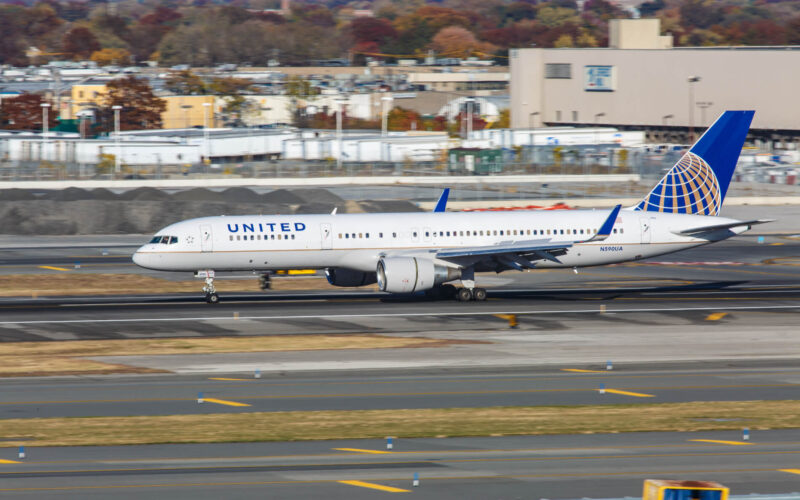On November 27, 2020, United Airlines began operating charter flights delivering mass shipments of the Pfizer’s vaccine.
Companies around the world have been laying the groundwork to move efficiently once the vaccine is approved by the regulators. The Chicago-based airline will operate flights between Chicago O’Hare (ORD) and Brussels International Airport (BRU), reported the Wall Street Journal.
United Airlines partnered with the German logistics company Deutsche Post DHL to distribute the vaccine once it is approved for use. United got the permission to carry 15,000 pounds of dry ice per flight, five times more than normally permitted, as Pfizer’s vaccine requires extremely low temperatures for storage.
“United Cargo established a COVID Readiness Task Team earlier this summer to help ensure we have the right people, products, services, and partnerships in place to support a vaccine distribution effort on a global scale. We have made a commitment to our pharmaceutical and medical customers that we are ready to safely and effectively support their vaccines transportation needs,” said a spokesperson for United Airlines.
As the aviation industry is preparing for the mass delivery of COVID-19 vaccines, other companies, including UPS and Lufthansa Cargo, partnered to build refrigerated storage units at their hubs around the world. American Airlines (A1G) (AAL) also announced that its cargo unit has started trial flights from Miami to South America to test the process of shipping vaccines.
Waiting for the approval from FDA
On December 10, 2020, the United States Food and Drug Administration (FDA) has scheduled a meeting to review the evidence and vote whether to recommend the vaccine for broad use in the country.
Once the FDA is satisfied with the provided evidence for the vaccine’s effectiveness, Pfizer will get a green light to proceed with the global distribution. If the approval comes before mid-December 2020, around 20 million Americans are expected to be vaccinated by the end of the year. However, it is estimated that to vaccinate the majority of the world’s population will take until the end of 2021.
Air transportation challenges
On November 9, 2020, German biotechnological company BioNTech and US pharmaceutical firm Pfizer announced that their ongoing trial of a coronavirus vaccine was more than 90% effective in preventing COVID-19. However, the delivery of the vaccine poses some challenges as it needs to be stored at minus 70 degrees Celsius and requires an elaborate cold-chain distribution. The air cargo companies intend to use GPS-enabled thermal sensors to track the location and temperature of each vaccine shipment.
Massachusetts biotech firm Moderna is set on filing its vaccine for FDA approval on November 30, 2020. It is the second company after Pfizer to show more than 90% efficacy on the vaccine trials. If approved, this vaccine might be easier to store and to transport, as it has a longer shelf life when refrigerated at fridge temperatures.

